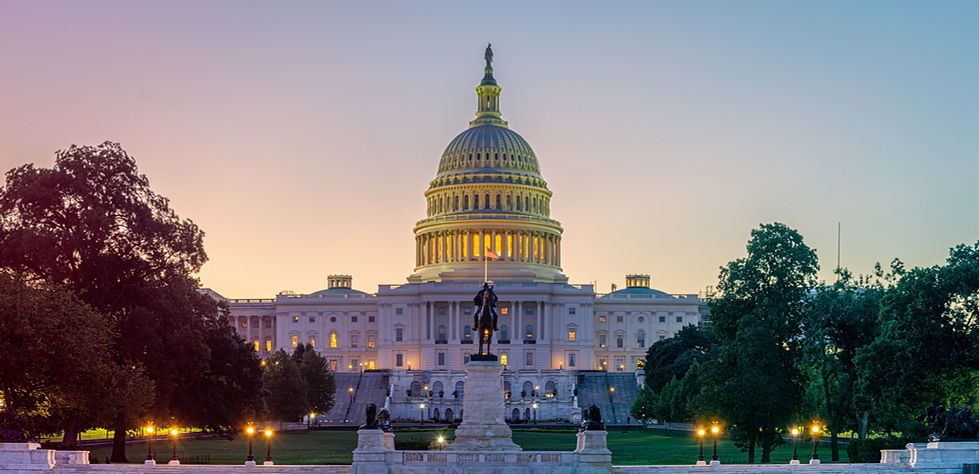
trucking priorities
2026 MTA Legislative Priorities
Repeal Seatbelt Gag Rule
Statistics clearly demonstrate that seatbelts promote safety and save lives. This data led Minnesota to establish failure to wear a seatbelt as a primary traffic offense. However, in civil litigation use or non-use of seat belts cannot be admitted as evidence according to a statute enacted over 50 years ago. Since then, Minnesota replaced contributory negligence with comparative fault, which allows a plaintiff’s recovery to be reduced proportionally to their fault, rather than barring them from recovery altogether. We believe letting juries see all the relevant evidence will encourage greater seatbelt use and personal responsibility.
Action: Repeal seatbelt gag rule in Minnesota Statutes 169.685 Subd. 4
Create Organized Retail and Supply Chain Crimes Advisory Board
It is estimated that cargo theft accounts for up to $35 billion in losses annually nationally. Organized Theft Groups (OTGs) are actively exploiting the highly mobile and intermodal nature of the supply chain to illegally obtain goods that are later sold for economic gain. OTGs target cargo at every point in the supply chain where goods are in transit and utilize a variety of sophisticated tactics to illegally obtain cargo, including strategic theft, straight theft, fictitious pick-ups, cyber-attacks, identity theft, hijacking, pilferage, and warehouse burglaries, among many others. Law enforcement and prosecutors lack the necessary resources to effectively address these crimes.
Action: The legislature should create a joint Organized Retail and Supply Chain Advisory Board to develop these resources.
Cap Non-Economic Damages in Personal Injury Lawsuits
Minnesotans are experiencing steep increases in insurance premiums across personal auto, homeowners, commercial, and especially trucking coverage. A major driver is the rise in unpredictable, outsized non-economic damage awards. As these verdicts grow, insurers raise rates, reduce coverage options, or exit the market, shifting the cost onto families, businesses, and the freight carriers that keep Minnesota's economy moving. The Minnesota Trucking Association supports full compensation for medical expenses, lost wages, and lost earning potential- clear, measurable losses that victims deserve to recover. But today's litigation environment encourages excessive non-economic damage demands that disproportionately benefit plaintiff attorneys and third-party financiers rather than victims. These inflated awards delay resolution, increase overall system costs, and divert resources away from safety improvements, workforce developments, and equipment investment.
Action: Cap non-economic damages in personal injury lawsuits.
Exempt Trucking Operations from the Paid Family Medical Leave Act
Minnesota’s trucking operations anchor a supply chain that is both essential and exceptionally fragile. Even brief disruptions ripple quickly, magnifying delays in the delivery of food, fuel, medical supplies, and other critical goods. Trucking companies rely on highly specialized professionals- drivers, dispatchers, vehicle technicians, load planners, and operations teams- whose roles cannot be filled quickly or interchangeably. Under the PFML law, these key employees may be absent for up to 20 weeks, a duration that most carriers, especially small and mid-sized fleets, cannot absorb without jeopardizing service reliability. When just a few members of a trucking operation are sidelined, entire delivery networks can stall, harming businesses and households statewide.
Action: Exempt trucking operations from the Paid Family Medical Leave Act.

